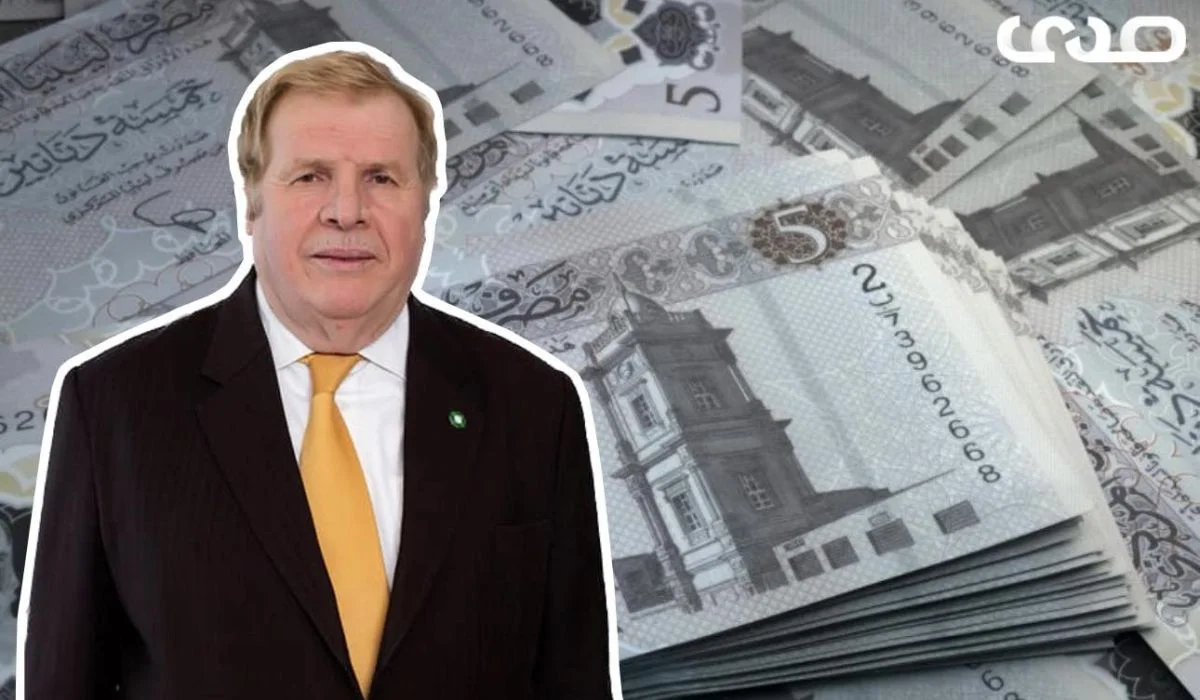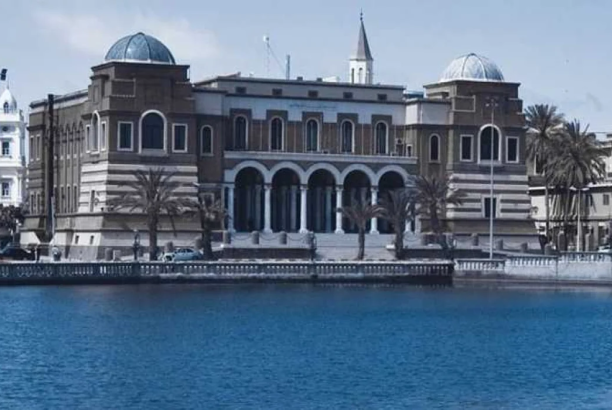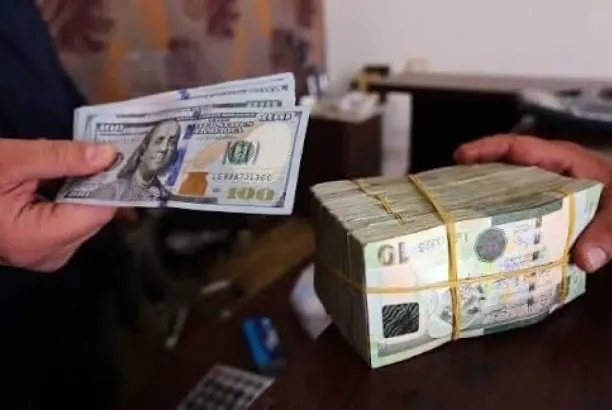
| News
Al-Zantouti Writes: Corruption and the Dinar’s Decline Are Directly Linked – It’s a Chronic Disease
When we speak of corruption—whether within a kleptocratic, oligarchic, or any other system—it encompasses both administrative and financial corruption. In fact, financial corruption is often the consequence of administrative corruption. The more deficient an administrative system is in its regulatory tools—especially law enforcement, justice, and accountability—the more widespread financial corruption becomes.
It’s evident that Libya is suffering from an administrative and financial corruption crisis unmatched in modern times. This is not an exaggeration but is supported by numerous investigative studies, articles, financial and economic indicators, and published data over recent years. I’ve referred to these in several of my past articles. Libya consistently ranks among the worst globally in transparency and corruption indices. If not among the top five, we are certainly among the top ten most corrupt and mismanaged nations.
Recently, many analysts have discussed the causes behind the Libyan dinar’s devaluation and potential solutions, often citing unregulated spending, subsidy reform, budget unification, and redefined monetary and fiscal policies. While I agree with the theoretical foundation of these suggestions, I am personally convinced that none of these solutions will work in an environment deeply infested with administrative and financial corruption like Libya’s.
As long as corruption persists, so will division, reckless spending by both governments, unregulated fuel subsidies leading to billions in smuggling, inflated public sector wages, and a “my share vs. your share” mentality. Mismanagement of resources and public expenditure will continue, legislative conflicts will remain unresolved, and regionalism will deepen. The struggle for power and wealth will rage on—all to foster a breeding ground for corruption.
Those benefiting from corruption are deliberately intensifying these negative dynamics to maintain their grip on public funds.
One of the main drivers of the dinar’s depreciation is the overwhelming demand for dollars at any cost by corrupt individuals laundering their illicit funds and transferring them abroad. Regardless of the official exchange rate, there will always be a parallel market with higher rates because these actors are willing to buy dollars at any price. Thus, the market in Al-Mushir (Tripoli’s currency black market) is governed by unregulated supply and demand, heavily influenced by dollar traders who control how much (illicit) currency is available and sell it to fellow corrupt players.
Tragically, this harms ordinary citizens who need dollars for essential purposes like medical treatment, forcing them to buy at much higher black market rates. May God help them.
The bitter truth is that the root cause of our current crisis is widespread corruption. Corrupt figures cling to power, create conflict, and even instigate wars to sustain a corruption-friendly environment. If we don’t uproot corruption and its perpetrators, the dinar will continue to fall. The more corruption increases, the more the dinar will plummet to satisfy the corrupt elite’s hunger for dollars and their quest to transfer money abroad—abandoning the weakened dinar in the process.
I’ll end with an innocent question: If we take the $10 billion spent on letters of credit and personal transfers in the first quarter of this year—equating to about $1,500 per citizen, or $7,500 per average household (5 people), roughly 50,000 LYD over three months or 17,000 LYD per month—did we actually import goods or services worth this amount? Did every household consume that much in imports?
The simulation is illustrative, but it strongly indicates that the answer is no. Much of this $10 billion never returned to Libya—it remains abroad in the accounts of those individuals. Some of it may have even returned to the black market to profit off exchange rate differentials. I’m not generalizing, but our corruption has surpassed imagination. Damn the corrupt, and may God aid the honorable Libyans fighting them.
God Almighty said: “Indeed, Allah does not like corruption”, and “Indeed, Allah does not like the corrupt”, and “Allah does not amend the deeds of the corrupters.”
O Allah, make us among Your righteous servants and not among the corrupt, and may You establish justice upon the corrupt.





